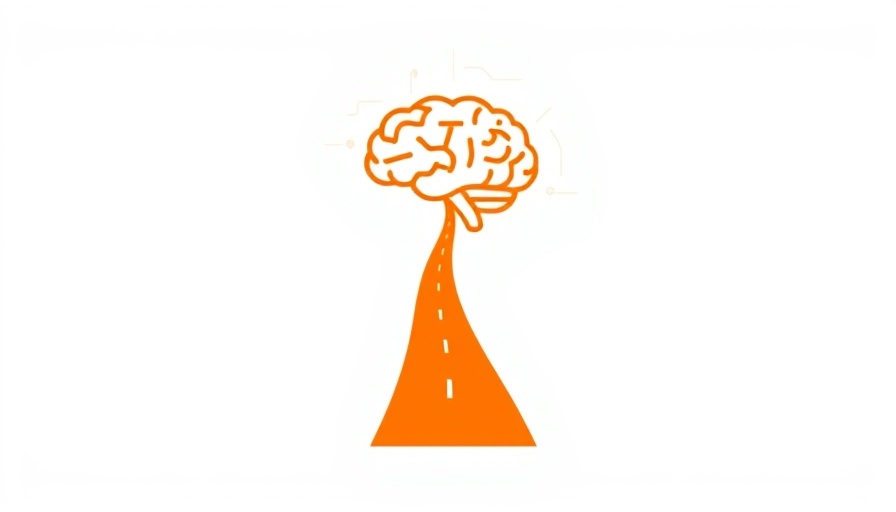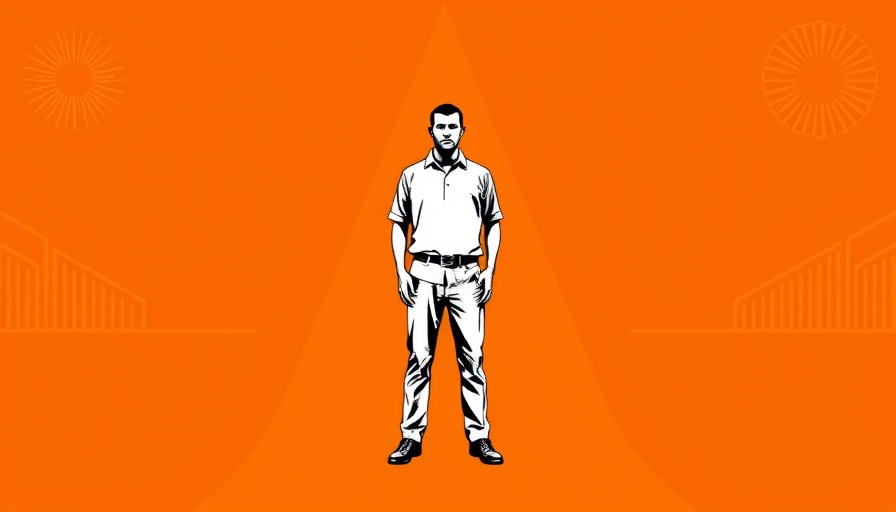
The Importance of Human Oversight in AI Development
In recent discussions, such as in the compelling insights shared by Andrej Karpathy, a prominent figure in AI research, it's become increasingly clear that while artificial intelligence has advanced tremendously, the role of human oversight remains irreplaceably vital. As we forge deeper into the realm of automation and machine processing, we find that machines cannot completely replace human intuition and moral reasoning.
In 'Andrej Karpathy on why we still need humans in the loop', the discussion dives into why human oversight is essential in AI development, prompting us to analyze its broader implications.
Why Machines Alone Aren't Enough
Karpathy emphasizes that despite AI's capacity to process vast amounts of data quickly, it lacks the contextual understanding that humans bring. For instance, AI may efficiently analyze patterns within medical data to assist with diagnoses, but it cannot navigate the moral complexities of a patient's care decisions. This calls for a collaborative team where humans refine the data models, ensuring that the technology aligns with ethical standards and real-world implications.
The Challenge of Bias in AI Systems
One of the significant concerns surrounding AI is the potential for bias within decision-making algorithms. Without human intervention, these algorithms can perpetuate injustices present in their training data. Karpathy’s insights stress that humans must be integrated into the process to identify and mitigate these biases actively, ensuring that AI serves all facets of society fairly.
Future Predictions: Humans and AI in Harmony
Looking ahead, the future of AI does not envision a world where machines dominate. Instead, Karpathy envisions a collaborative future where humans and machines work in tandem. This partnership is crucial not only for developing more humane technologies but also for enhancing innovation. As AI aids in data processing, human creativity will guide its application in ways that machines alone cannot predict.
Real-World Examples of Human Oversight
To illustrate the importance of human involvement, let’s examine recent applications in healthcare and autonomous driving. In healthcare, AI tools aid doctors by offering diagnostic suggestions, but ultimately, it is the physician’s experience and ethical training that makes the final call for patient care. Similarly, in autonomous vehicles, while AI can handle navigation, human oversight is essential for making split-second decisions during unpredictable situations.
Embracing the Benefits of Human-AI Collaboration
The power of combining human intuition and AI's analytical capabilities can lead to innovative solutions that benefit society. From environmental changes to public health, advances supported by human values will resonate more positively across communities. Karpathy’s vision aligns with many experts advocating for this dual approach—balancing technology with humanity's necessary insights.
Common Misconceptions and Myths
As exciting as AI advancements are, many myths have emerged. One primary misconception is that AI will eliminate human jobs entirely. In reality, while certain jobs may evolve, new opportunities requiring human skills will surface. This shifting landscape calls for education and adaptability, ensuring that people are prepared for a future intertwined with AI.
The Path Forward: An Action Plan
As we journey further into the digital age, a clear framework for integrating human oversight in AI development is essential. This includes establishing ethical guidelines for AI applications, ongoing education for both developers and users, and creating diverse teams that represent all areas of society to foster innovation. As we embrace these changes, we must prioritize collaboration between humans and AI to shape a future that works for everyone.
 Add Row
Add Row  Add
Add 




 Add Row
Add Row  Add
Add 
Write A Comment